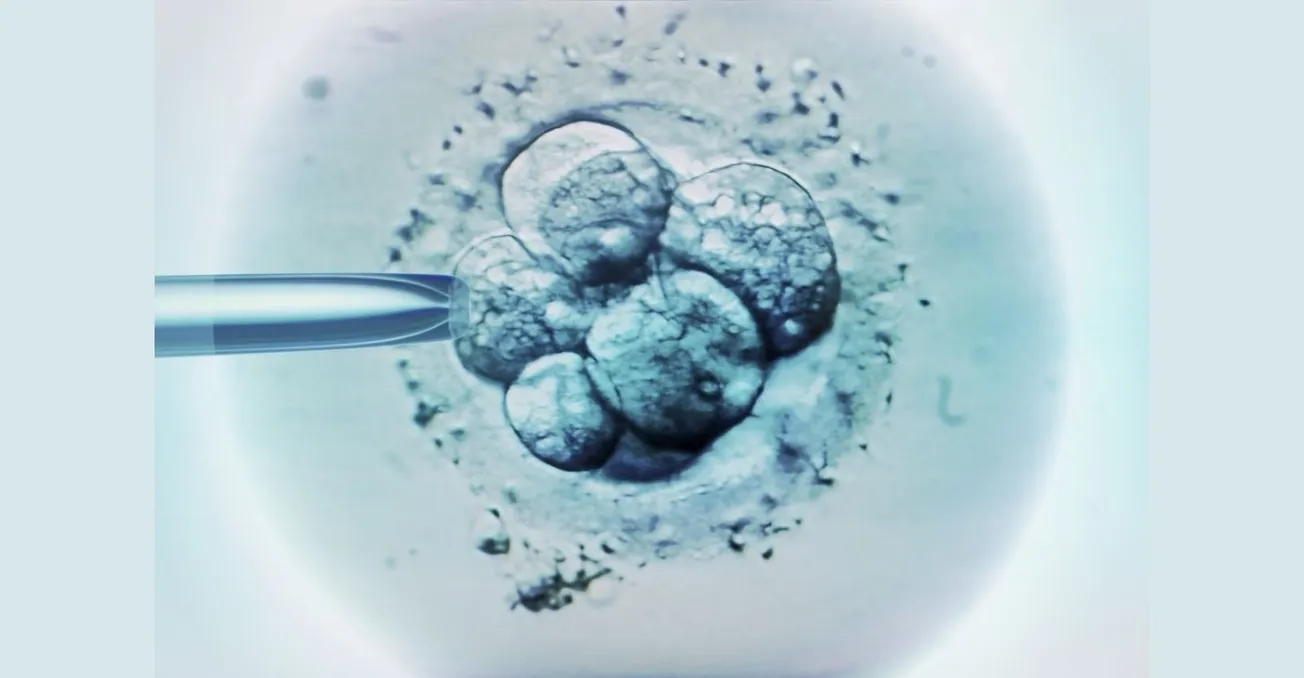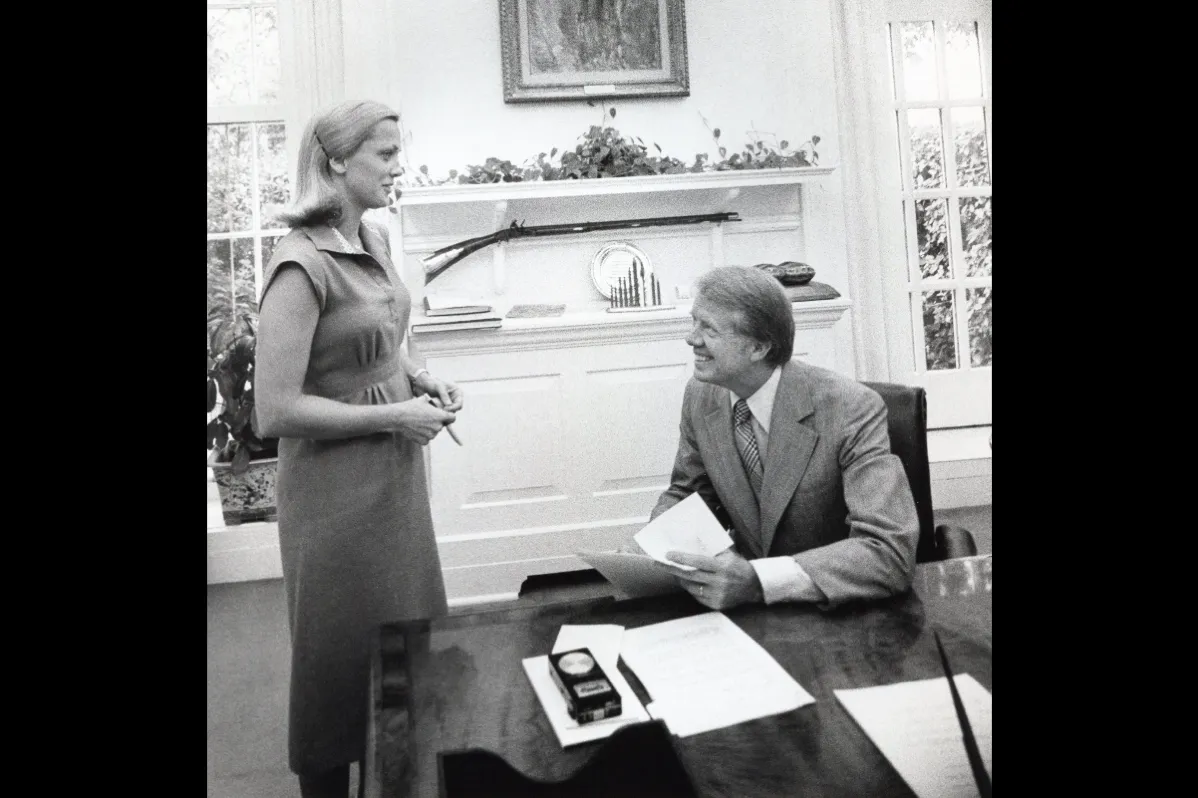Imagine that you have a newborn, and you decide to place that newborn in a freezer until it dies. Or, to throw it out, and it dies. Obviously, that would be murder: taking the life of another human being.
So here’s my question: If protected human life begins at conception, as Kentucky’s trigger law very clearly states, then what does this mean for embryos created through in-vitro fertilization?
Many couples use in-vitro fertilization to create multiple embryos, which are then inserted into the woman in hopes that one will “take” and she will become pregnant. The others are typically frozen for some period of time, so that if the first one fails, there are others still available to try.
As explained by the Kentucky Fertility Institute:
During the IVF process, more embryos can develop than are used or transferred. In this case, there is the option to freeze (cryopreserve) any excess good quality embryos for future IVF attempts. Embryos can be frozen at the pronuclear stage (one cell), or at any stage after that up to and including the blastocyst stage (five to seven days after fertilization).
Vitrification is the newest technology in cryopreservation. This ultra-rapid freezing technique minimizes any ice crystal formation and potential damage to frozen embryo(s). Research studies have shown better post-thaw survival rates and higher live birth rates using embryo(s) frozen by this technique.
What happens, then, to the embryos not used? Sometimes they are donated to other women to become pregnant. Some are donated to research. Some are kept frozen, including indefinitely. And some are simply discarded.
And this is not a trivial question. Estimates are that there are from 600,000 to 4 million frozen embryos across the United States.
If Kentucky’s trigger law goes into effect, ALL of those embryos are constitutionally protected human beings. What, then, of those that are frozen? Is that illegal, or even criminal?
And what of those that are discarded? They are, according to the legislators who voted for the trigger law, “unborn human beings,” with their own rights. Surely any disposal of in-vitro embryos would be murder under that law, right?
So, here are some questions for those in support of overturning Roe and putting our trigger law in place:
- Will you arrest any person who discards an unwanted/unneeded embryo?
- Will you arrest any person who freezes an embryo, thus preventing that person from achieving their potential?
- Or, will you simply outlaw in-vitro fertilization, based on the personhood of the embryo?
We’re waiting to hear the answer.
--30--
Comments








